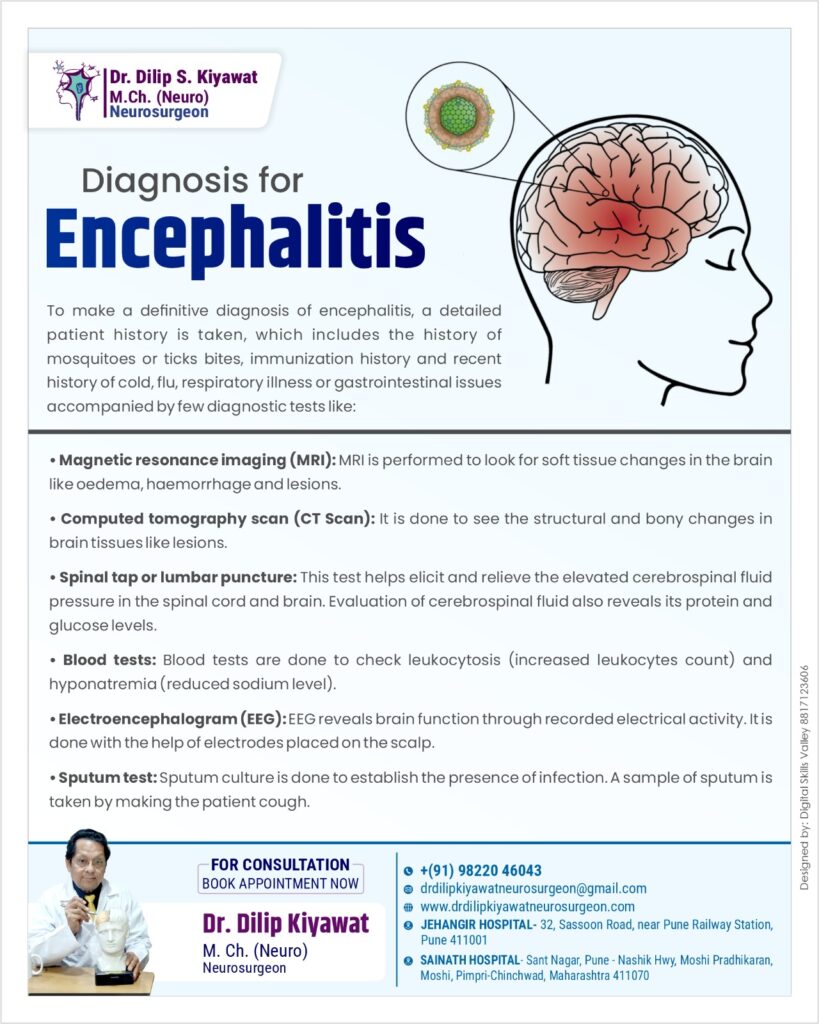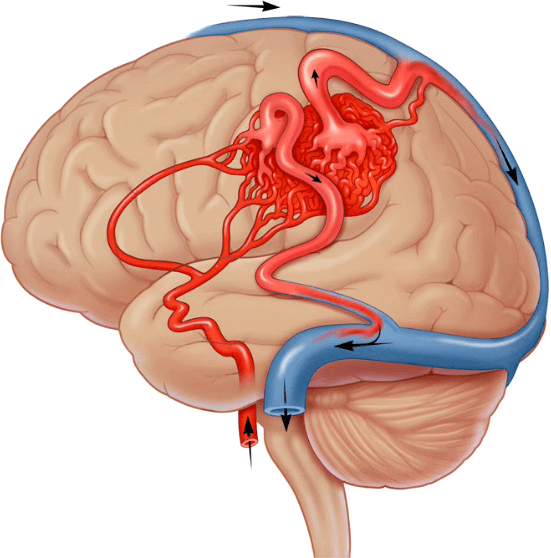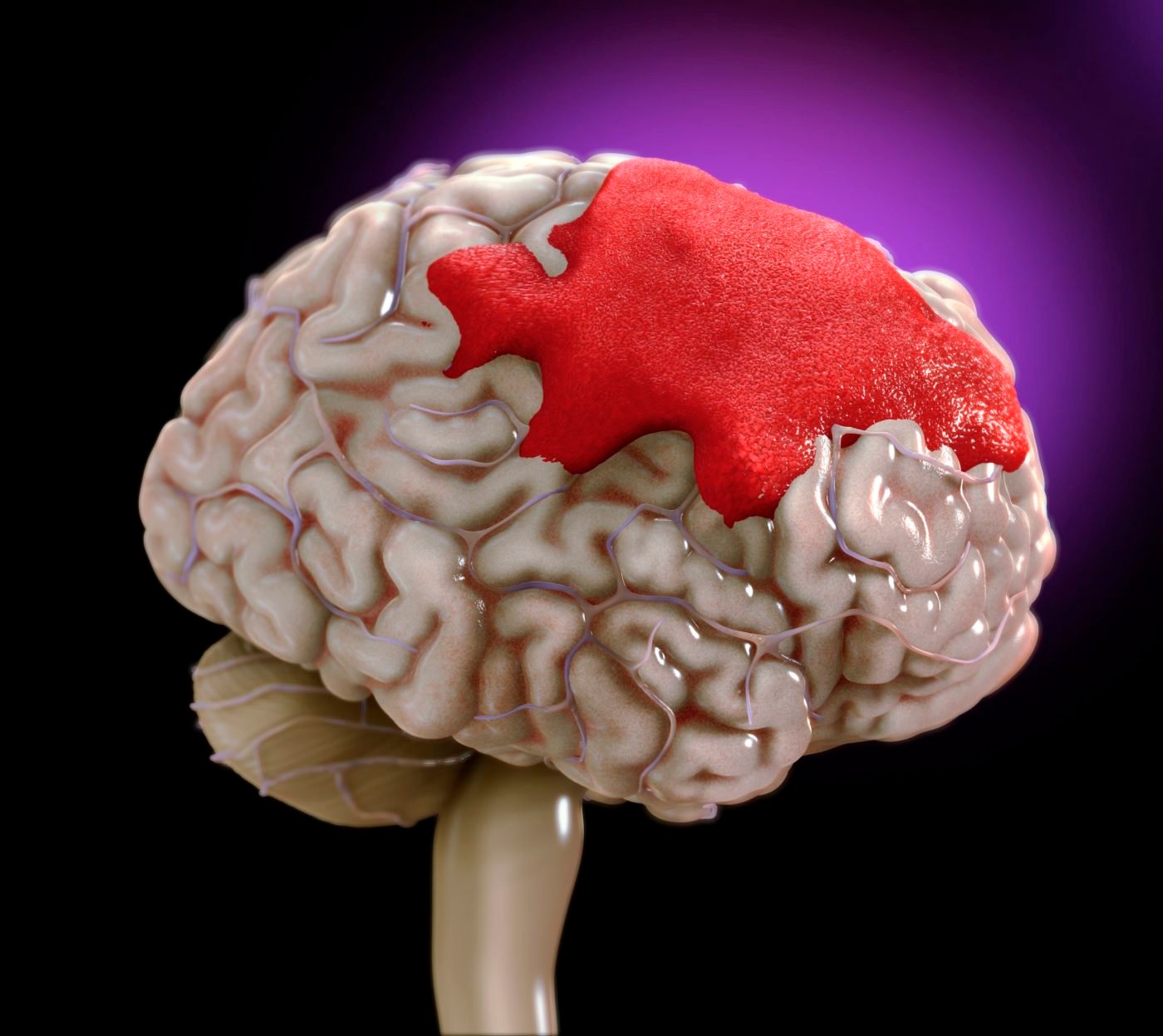
Encephalitis, an inflammation of the brain, can be a serious condition requiring immediate medical attention. If you or a loved one are experiencing symptoms such as fever, headache, confusion, or seizures, it’s crucial to seek medical help promptly. Here’s an overview of encephalitis, its symptoms, and the comprehensive evaluation process involved in its diagnosis and treatment.
What is Encephalitis?
Encephalitis is characterized by inflammation of the brain, often caused by infections (viral, bacterial, fungal) or autoimmune conditions. The symptoms can range from mild to severe and can escalate quickly, making early diagnosis and treatment vital.
Symptoms to Watch For
The symptoms of encephalitis can vary widely but commonly include:
Fever: A high temperature is often one of the first signs.
Headache: Persistent and severe headaches are common.
Confusion: Difficulty thinking clearly or confusion can occur.
Seizures: Sudden, uncontrolled electrical disturbances in the brain.
Other Symptoms: Nausea, vomiting, stiff neck, sensitivity to light, and fatigue.
Comprehensive Evaluation for Encephalitis
Diagnosing encephalitis involves a thorough and multi-faceted approach to pinpoint the exact cause and determine the best course of treatment. Here’s what our comprehensive evaluation includes:
Detailed Patient History
Recent Illnesses: Information about any recent infections, illnesses, or travels that might have exposed you to pathogens.
Immunization Records: Review of vaccinations to identify any missing immunizations that could leave you vulnerable to infections.
Advanced Imaging Techniques
MRI (Magnetic Resonance Imaging): Provides detailed images of the brain to identify inflammation, swelling, or other abnormalities.
CT (Computed Tomography) Scans: Helps in quickly assessing brain structure and identifying any immediate issues.
Spinal Tap/Lumbar Puncture
Cerebrospinal Fluid Analysis: This procedure involves collecting cerebrospinal fluid (CSF) to check for infection markers, increased pressure, and inflammation.
Pressure Relief: Helps relieve pressure in the brain, if necessary
Blood Tests
Infection Indicators: Identifies signs of infection, including the presence of viruses, bacteria, or fungi.
Electrolyte Imbalances: Ensures that imbalances that could affect brain function are detected and managed.
EEG (Electroencephalogram)
Brain Activity Monitoring: Tracks electrical signals in the brain to identify abnormal patterns that might indicate encephalitis or seizures.
Sputum Tests
Infection Detection: Tests sputum (mucus) to detect respiratory pathogens that could potentially cause or complicate encephalitis.
Why Timely Diagnosis Matters
Early diagnosis and treatment of encephalitis are crucial to prevent complications and improve outcomes. Delaying medical care can lead to severe consequences, including permanent brain damage or even death.
Treatment Options
Treatment for encephalitis depends on the underlying cause but may include:
Antiviral or Antibiotic Medications: To treat infections if they are the cause.
Corticosteroids: To reduce brain inflammation.
Anticonvulsants: To control seizures.
Supportive Care: Including hydration, pain relief, and nutritional support.
Conclusion
Encephalitis is a serious condition, but with prompt and comprehensive medical evaluation, effective treatment is possible. If you or a loved one exhibit symptoms like fever, headache, confusion, or seizures, don’t hesitate to seek medical attention. Early intervention can make all the difference in managing this critical condition and ensuring a better outcome.







